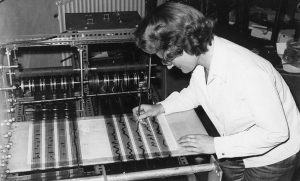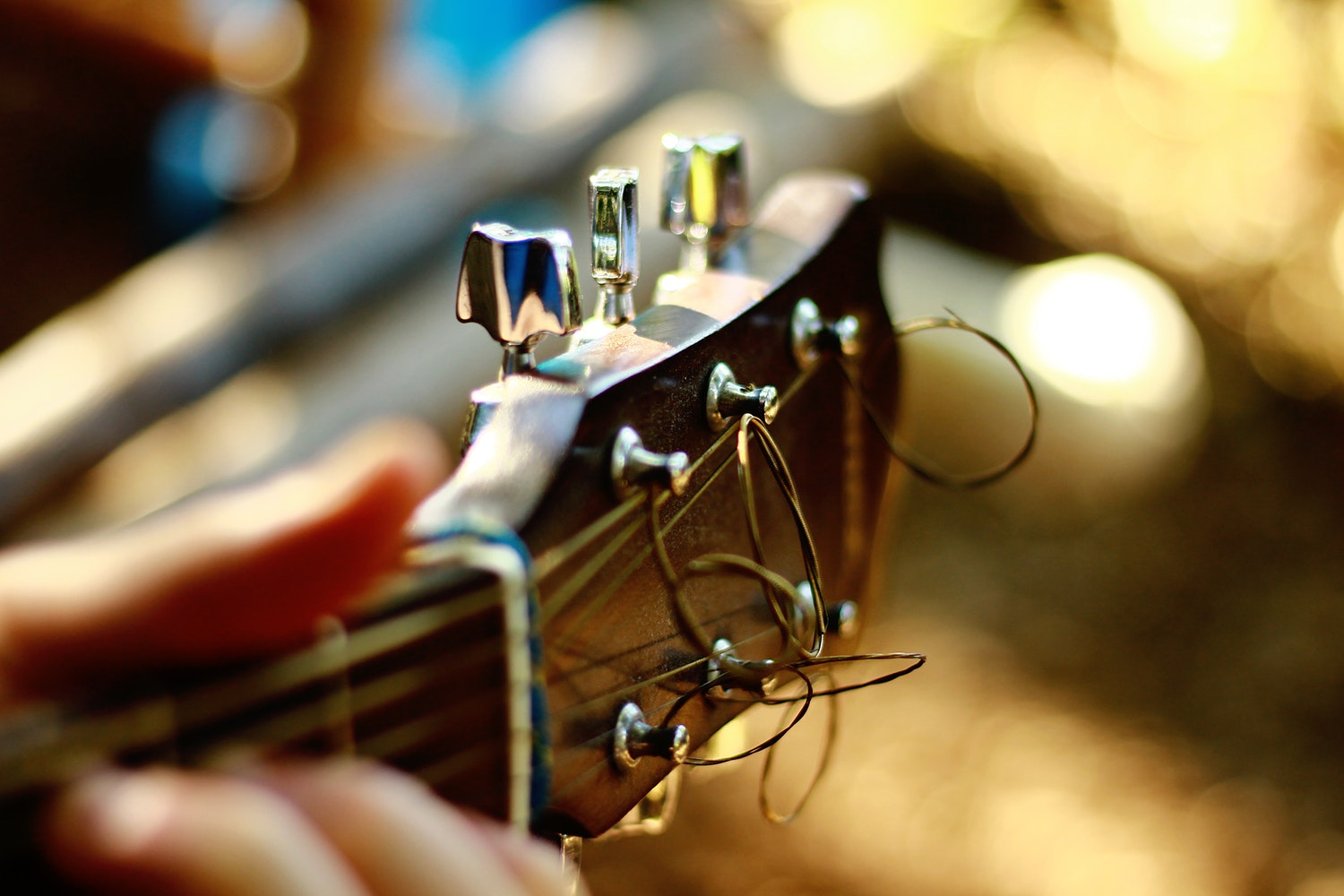Daphne Oram’s journey towards legendary status in music began in 1932 when she was just seven years old. The Wiltshire schoolgirl had an inspired vision of being able to create and manipulate sound via the use of drawings on glass slides; an idea which paved the way for an entirely new form of music.
In her teens and early twenties, Daphne studied music and electronics, a curious combination which led to her finding work in the sound department of London’s BBC studios.
In the 1950s, the radio industry had embraced the use of magnetic tape recordings, allowing them to play pre-recorded sounds instead of live broadcasts. With this new technology, came the ability to manipulate sound in ways never before seen and Daphne took steps towards realising her vision; manipulating sound-waves for experimental effects in radio plays and television shows.
In 1958, Daphne established herself as the Studio Manager for a collective of experimental audio engineers within the now-legendary Maida Vale Studios. Utilising phonographs, filters and other electronic equipment, the studio collective was dubbed ‘The Radiophonic Workshop’.
Originally established for the creation of radio plays, the Workshop quickly became a key feature of the BBC’s audio and televisual resources, offering an aid to productions which neither live musicians nor traditional sound effects could provide.
Perhaps the most notable example of the collective’s trailblazing output was the iconic theme tune for hit television series ‘Dr Who’ in 1963, which was realised by Daphne’s fellow workshop collaborator, Delia Derbyshire.
Less than a year after its establishment, Daphne left the Radiophonic Workshop, choosing instead to work alone in her own audio laboratory in Kent. Her experimentations led to the creation of a device she called the ‘Oramics Machine’, a one of a kind elementary synthesiser which paved the way for modern electronic music as we know it.
 The machine operated via the use of optical sensors and hand-drawn lines on clear plastic tape; turning Daphne’s childhood vision into a trailblazing reality.
The machine operated via the use of optical sensors and hand-drawn lines on clear plastic tape; turning Daphne’s childhood vision into a trailblazing reality.
Today, Daphne’s work is widely considered by broadcasters, musicians and audiophiles as a giant revolutionary step which opened the door to new technologies and ultimately changed the course of electronic musical history.
Daphne passed away in 2003, aged 77, leaving behind an enduring legacy which will no-doubt stand the test of time for decades, if not, centuries.



